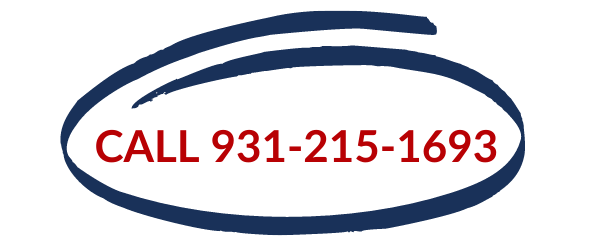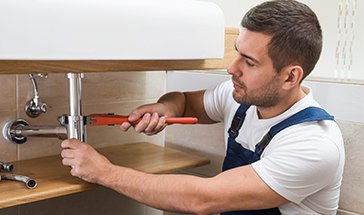Fatberg
Ever heard of a fatberg? You are wrong if you think it’s a new restaurant menu or some tourist spot. It’s a disgusting thing you don’t want to see in your kitchen or drainage system. A professional plumber will help homeowners get rid of fatberg and let your plumbing and drain system breathe and function better.
What is a fatberg?
It is a term that refers to a mass of non-biodegradable accumulated matter that causes clogging in your sewage and pipe systems. These gathered masses may include grease, oil, and other materials that eventually cause blockages in the sewage or septic tank system. It can occur anytime you least expect it, so make sure you regularly inspect your drainage system and be aware of proper drain and pipe usage.
Fatberg is a portmanteau of “fat” and “iceberg” and was first used in London in 2013. A 330-ton fatberg was found under an English city’s drainage system. Another massive fatberg was found in Baltimore, Maryland, which caused sewer pipes all over the city to overflow, and caused millions of gallons of sewage to flow into Jones Falls.
How to get rid of a fatberg
Fatbergs can affect water flow and your home’s overall comfort and cleanliness. It would require powerful tools to remove, which means DIY won’t work. This means you have to call a professional plumber to help you get rid of a fatberg. The secret is breaking down the fatberg into smaller pieces.
Fatbergs could also take as long as months to remove fully. Some can be removed mechanically, while some have to be removed by hand. As they say, prevention is better than cure. Make sure to know which items you should not flush down the toilet or sink in the first place, such as:
-
- Wipes (flushable, cleaning, and wet)
-
- Diapers
-
- Paper towels/tissues
-
- Sanitary products
-
- FOG (fats, oils, grease)
-
- Cotton balls and Q-tips
-
- Medicine
-
- Dental Floss
Fatbergs can also be expensive to remove. It could reach millions of dollars to remove fatbergs from city sewers and repair incurred damages. Unfortunately, the consumers often shouldered the expenses through higher sewer and water rates.
Meanwhile, here are other tips to prevent the formation of fatberg that can cause clogs and damage to your pipes and drains:
-
- Do not flush food remnants and other foreign objects down the sink or toilet. Instead of pouring them directly down the drain, wait for them to solidify first and throw them into the trash bin.
-
- Don’t pour oil and grease down the drain. Also, make sure to scrape any food remnants on the drain. Little bits of food could accumulate over time and cause clogs later on.
-
- Install a grease trap to capture fat, oil, and grease poured down the sink. Grease traps keep fat, oil, and grease from going into your drainage system.
-
- Remember the 3P’s, which are the only things that can be flushed – paper, poo, and pee.
Maintain your drains regularly to prevent costly fixes later on. Through regular maintenance, serious drainage issues will be avoided. Call a professional plumber in Mt. Pleasant, TN, for your plumbing needs.




